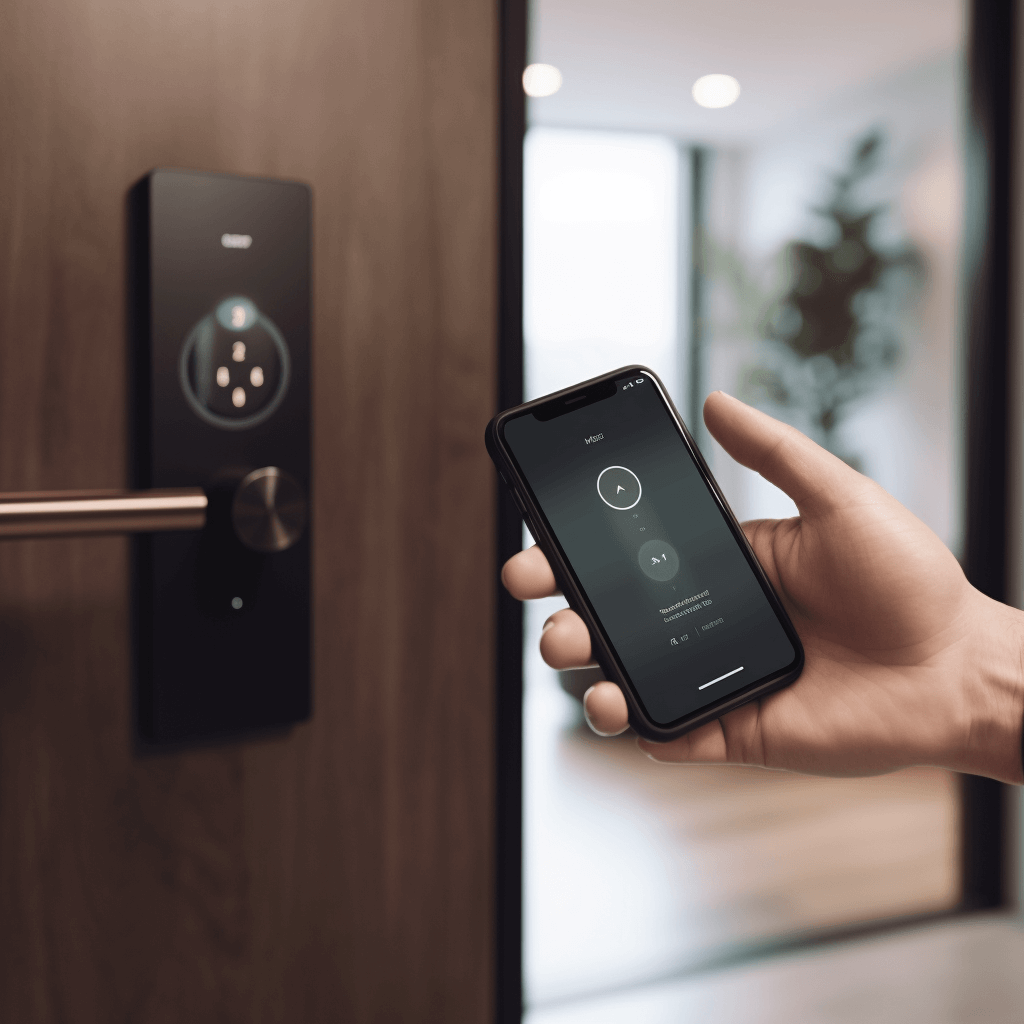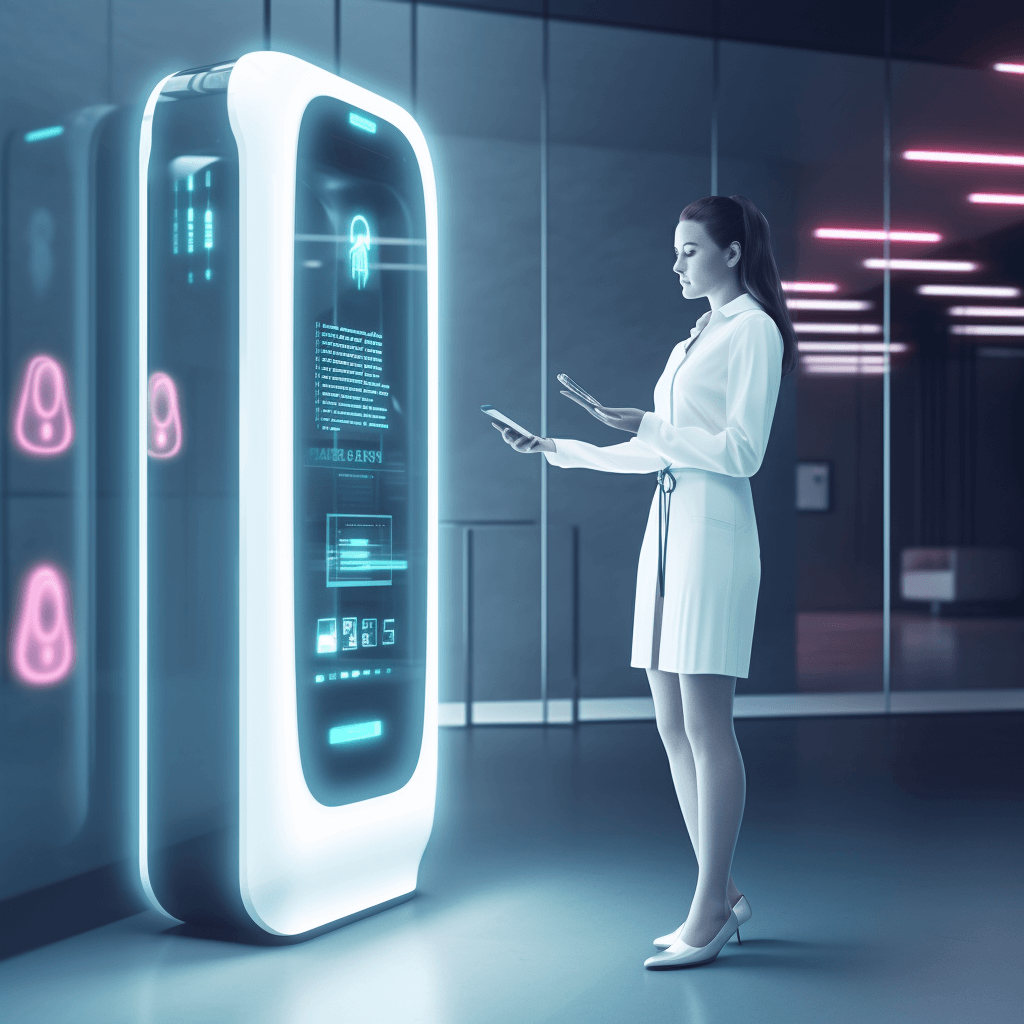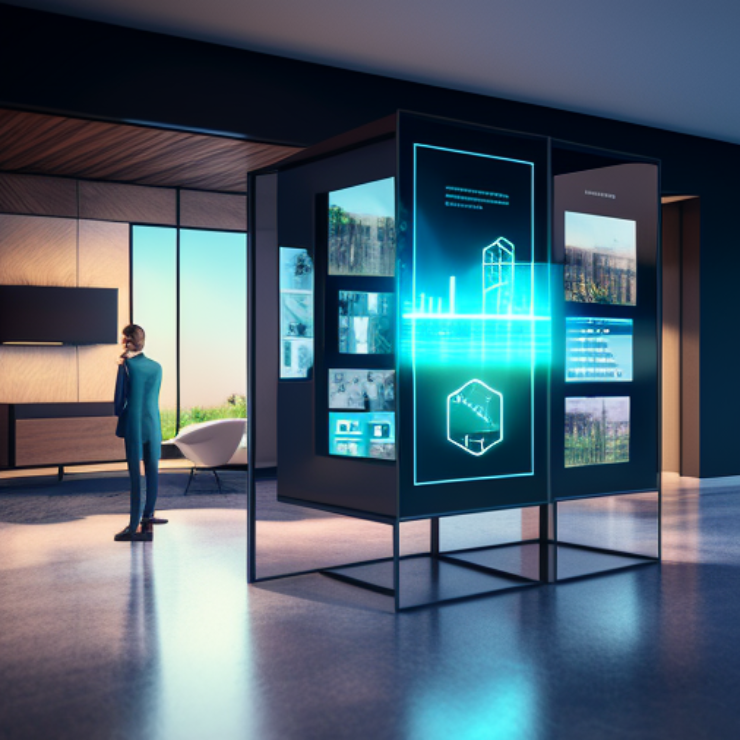The hospitality industry thrives on providing exceptional guest experiences. With the rapid technological advancements, AI is at the forefront of this transformation. From simplifying operations to creating bespoke guest experiences, AI has become an indispensable tool for modern hospitality management. Here’s a look at its increasing influence.


1. Smart Room Customization
With AI, hotels can remember a guest’s preferences—room temperature, lighting mood, favorite TV channels—and automatically set them upon their next visit. It’s personalization at its finest.
Visual Suggestion: Image of a hotel room adjusting its ambiance based on AI-driven settings.
2. AI-Powered Concierge Services
The modern concierge is digital. Viste.ai and similar platforms provide guests with round-the-clock information, recommendations, and assistance without human intervention.
Visual Suggestion: Graphic of a digital concierge interface interacting with guests.
3. Predictive Maintenance
Using AI, hotels can now predict when their appliances or systems might fail and service them proactively. This ensures guests never face any inconvenience during their stay.
Visual Suggestion: Infographic showing AI’s predictive analysis of various hotel appliances.
4. Dynamic Pricing Models
AI analyses numerous data points like season, demand, and local events to automatically adjust room rates, ensuring optimal pricing for both guests and hoteliers.
Visual Suggestion: Graph showing room rate fluctuations based on AI-driven dynamic pricing.
5. Enhanced Guest Feedback Analysis
Through AI, hotels can sift through thousands of reviews and feedback to understand guest sentiment, allowing them to make necessary adjustments in real-time.
Visual Suggestion: Word cloud representing common feedback themes extracted by AI.
6. Data-Driven Personalization
From personalized welcome messages to tailor-made itineraries, AI utilizes guest data to curate unique experiences that resonate on an individual level.
Visual Suggestion: Digital screen showcasing a tailored itinerary for a guest.
7. Efficient Inventory Management
AI can predict inventory needs based on historical data, ensuring hotels are always well-stocked, and resources are utilized efficiently.
Visual Suggestion: Iconographic representation of stock levels being automatically adjusted.
8. Real-Time Language Translation
Chatbots and AI-driven interfaces eliminate language barriers, providing guests from all around the world with information in their native tongue, ensuring clarity and comfort.
Visual Suggestion: Illustration of a chatbot translating multiple languages in real-time.
Conclusion:
AI’s footprint in hospitality management is expansive and growing. As it continues to evolve, AI promises more streamlined operations, richer guest experiences, and a brighter future for the industry.



